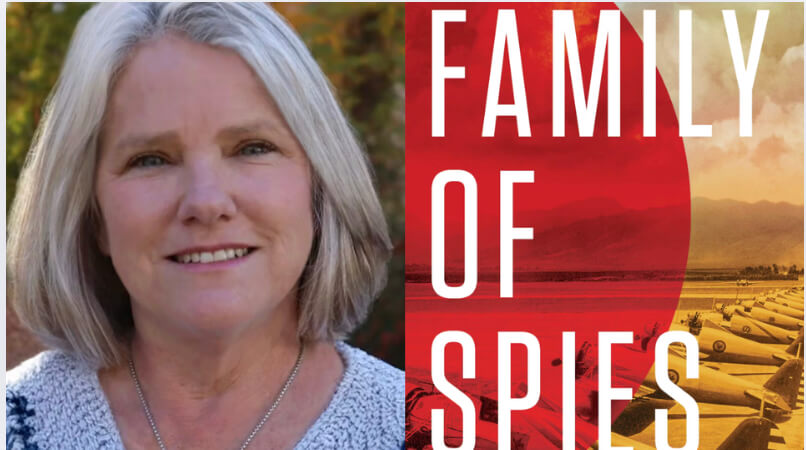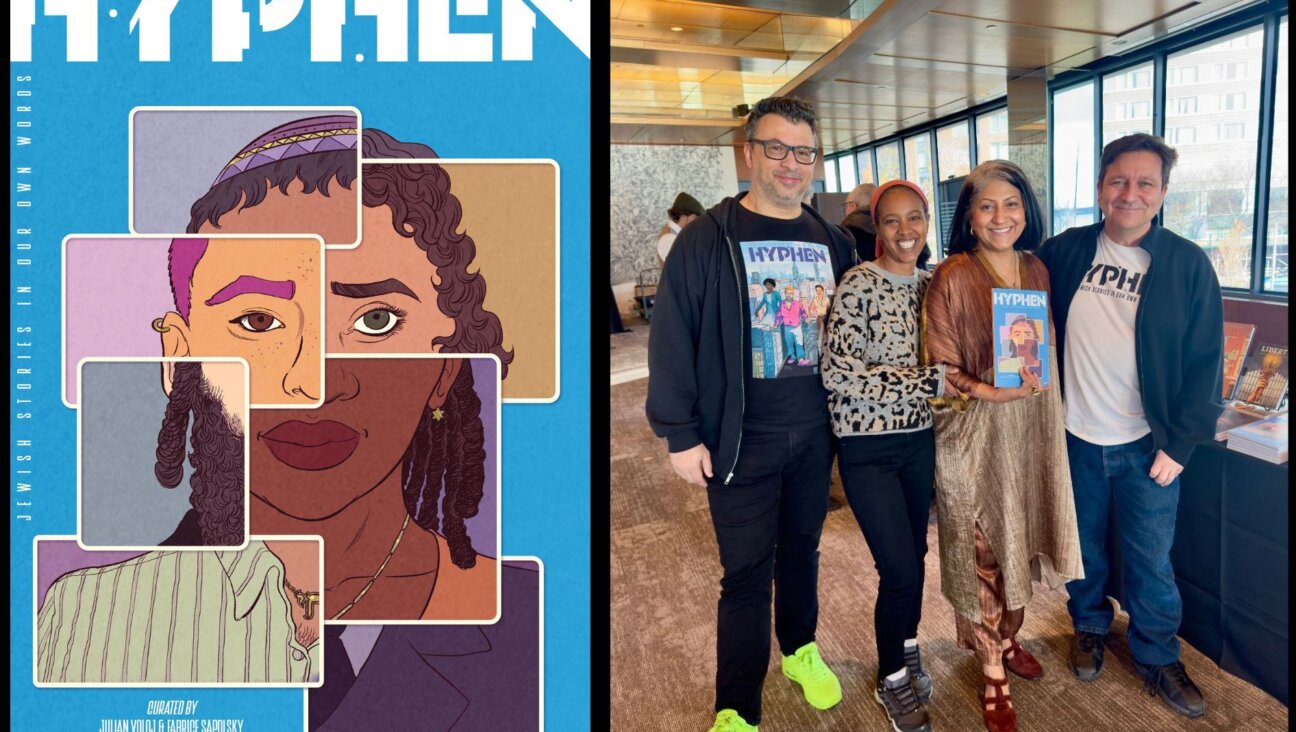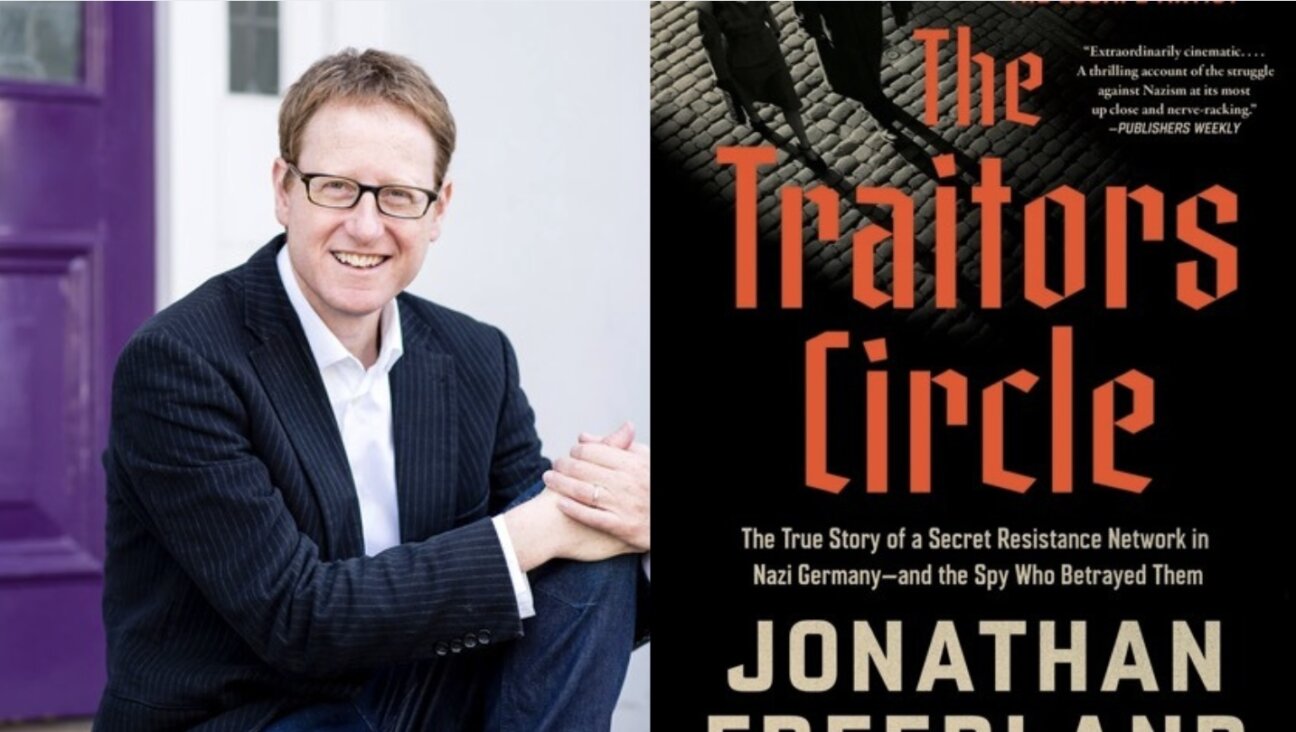The Future of Jewish Institutions

Graphic by Angelie Zaslavsky
Dr. Ron Wolfson is Fingerhut Professor of Education at American Jewish University in Los Angeles and a cofounder of Synagogue 3000. His most recent book, “Relational Judaism: Using the Power of Relationships to Transform the Jewish Community” (Jewish Lights Publishing), is now available. His blog posts are featured on The Arty Semite courtesy of the Jewish Book Council and My Jewish Learning’s Author Blog Series. For more information on the series, please visit:
As I travel around the country visiting Jewish institutions of all kinds, my “worry” quotient is growing daily. Nearly everywhere I go, I hear stories of declining membership, difficulties in attracting the next generation, peaking enrollments and flat fundraising campaigns. This is unusual for me; I have been an optimistic cheerleader for the Jewish community during my career. Bottom line: I am not worried about the future of the Jewish people; I am very worried about the future of Jewish institutions.
What’s happening? In “Relational Judaism,” (Jewish Lights Publishing) I outline the many challenges facing any Jewish organization seeking to engage people. A “biggy” is the Internet. Once upon a time, rabbis and Jewish educators held exclusive access to the wealth of Jewish practice and tradition. Not today. In the zeitgeist of DIY — “Do It Yourself” — the Internet offers enormous resources for just about anything someone wants to learn or do. Another challenge: why should I pay thousands of dollars in membership fees if I can “rent-a-rabbi” to do a backyard Bar/Bat Mitzvah? In the larger Jewish population centers, there are plenty of rabbis who cannot find work in established congregations hanging a shingle and offering their services as independent contractors. Jewish Community Centers face increasing competition from well-equipped health clubs open 24/7. Day school tuition is so high it is pricing out a large segment of those who would like to send their kids.
All this begs the central question facing Jewish institutions: “What’s the value-added of joining?” If the “offer” of affiliation is not truly attractive, I am afraid the membership base will continue to narrow as young people find alternative ways to “do Jewish” and aging baby boomer/empty nesters opt out.
For me, the value-added must be a face-to-face community of relationships that gives my life meaning and purpose, belonging and blessing. “Meaning” is an understanding of the significance of life. “Purpose” is an imperative to do what you are put on earth to do during your life. “Belonging” is a community of people who will be there for you and with you. “Blessing” is a feeling of deep satisfaction and gratitude, a calendar and life cycle of opportunities to celebrate the gifts of life.
In my research for writing Relational Judaism, I searched for organizations and individuals who “get” this, who understand that building relationships, not simply offering a calendar of programs, is the task of the moment. The book presents six case studies: Chabad, Hillel, congregation-based community organizing, next generation initiatives, social media and fundraisers. In my next posting, I will share some lessons learned from their pioneering work, work that I believe is the forward edge of creating a Relational Judaism for the 21st century.
Find additional titles by Dr. Ron Wolfson here.
The Jewish Book Council is a not-for-profit organization devoted to the reading, writing and publishing of Jewish literature. For more Jewish literary blog posts, reviews of Jewish books and book club resources, and to learn about awards and conferences, please visit www.jewishbookcouncil.org.
MyJewishLearning.com is the leading transdenominational website of Jewish information and education. Visit My Jewish Learning for thousands of articles on Judaism, Jewish holidays, Jewish history and more.
















